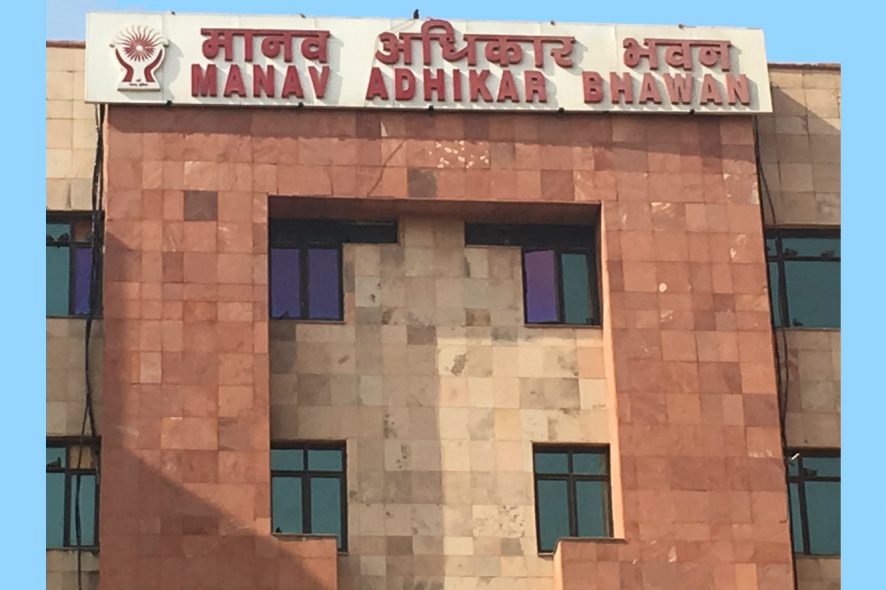Supreme Court: Dealing as to whether the provisions of the U.P. Government Servant Conduct Rules, 1956 which talks about the removal of a Government Servant from service for contracting another marriage during existence of the first marriage without permission of the Government is violative of Article 25 of the Constitution, a bench of T.S. Thakur and A.K. Goel JJ, upheld the removal of the Government servant from the service on the ground that Conduct Rules mandates monogamy which is a social reform, and the State is empowered to legislate with regard to social reform under Article 25(2) of the Constitution notwithstanding the fact that it may interfere with the right of a citizen freely to profess, practice and propagate the religion.
In the instant case, the appellant-an employee in Irrigation Dept, Government of U.P. was removed from the service by the disciplinary authority on the basis of the finding of the report by the NHRC in an enquiry proceeding that the appellant performed the second marriage without dissolving the first marriage which is in violation of Rule 29(1); of the U.P. Government Servant Conduct Rules, 1956. The High Court upheld the decision of the disciplinary authority on the finding that the petitioner never informed the department about divorce with the first wife and also did not informed anything about his second marriage. The appellant filed an appeal before this court and questioned the validity of the impugned Conduct Rules as being violative of Article 25 of the Constitution.
The Court observed that the High Court was justified in holding that the punishment of removal could not be held to be shockingly disproportionate to the charge and did not call for any interference. The Court stated that “though the personal laws of the Muslims permits having as many as four wives but it could not be said that having more than one wife is a part of religion. Any law in favour of monogamy does not interfere with the right to profess, practice and propagate religion”. The Court relied on Javed v. State of






